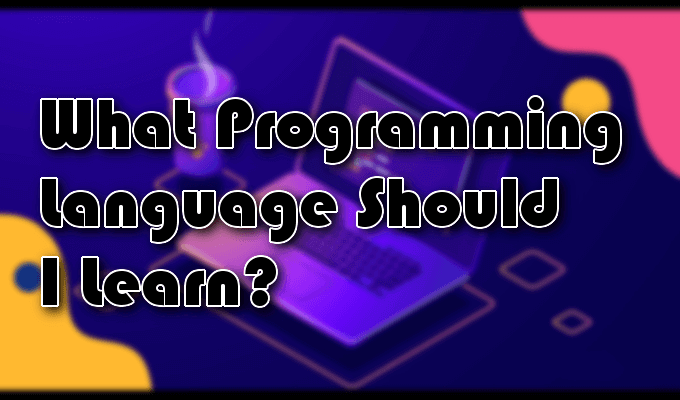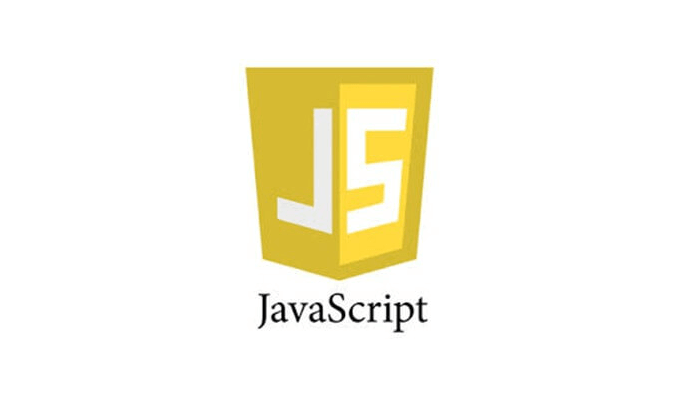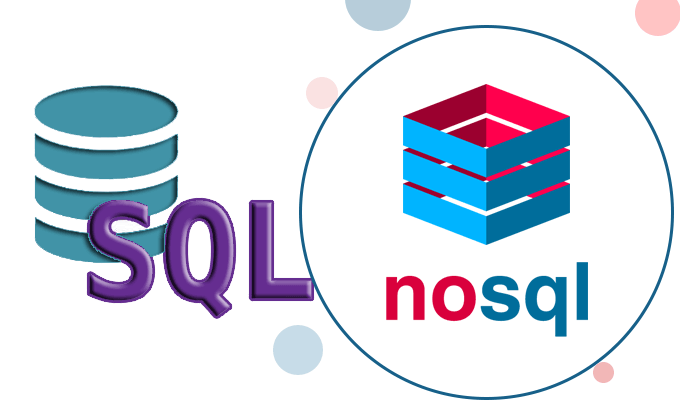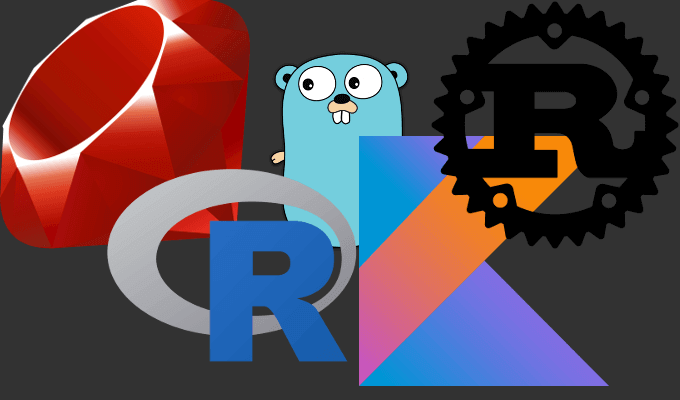With so many different programming languages to choose from it can be a bit of a chore trying to figure out which ones are worth investing your time in. The short answer would be all of them as each language has its own use in one form or another. But for those who don’t have limitless time, it would be wiser to stick to the more popular choices. New programming languages are popping up all the time but there are few tried and true which have withstood the test of obsolescence. These particular programming languages are those most found in demand, are stable, and can often lead to employment opportunities. As previously stated, learning multiple program languages can be beneficial, especially for programmers and senior developers, as this provides more tools for your occupational toolbox. Learning a handful, or all, of the programming languages on our list, should provide you with an assortment of in-demand knowledge that top-paying jobs in the development and programming fields are looking for.
What Programming Language Should I Learn?
We’ve provided a list of 8 (and a few outliers) of the most popular programming languages that serve as cornerstones for anyone looking to get into programming and development.
Java
Java is probably the most famous programming language the world over. Its purpose was for the development of server-side applications to mobile apps and video games that can be deployed in a cross-platform computing environment. It is the basis for developing Android apps making it a requirement for anyone interested in the field of Android app development. Not only that but any Software Engineer hopefuls would do well to make this programming language their religion. It is also used in the development of web and desktop apps that would benefit from a write-once, run anywhere programming language. The language is one of the easier to learn and is a skill sought after by employers around the world.
Where To Learn It
There is plenty of free help out there for anyone interested in learning Java. The most popular course on the subject would have to be The Complete Java Masterclass on Udemy. It is considered one of the most complete courses you can take to learn Java that is suitable for both beginners and Java developers alike.
Python
Regarded as the simplest programming language you can learn, Python is the cream of the crop when it comes to web application design. Web sites like Pinterest and Instagram owe their creation to Python as well as a few others. This language is one of the most in-demand programming languages today and might be the most important language you can learn in 2020 regardless of career path. It has already surpassed Java as the most taught programming language in universities and academia. Python supports multiple systems and platforms, can help to improve a programmer’s productivity and is object-oriented programming driven (computer programs designed by interacting objects or class-based instances). The annual salary median is around $112k for anyone interested in machine learning, artificial intelligence, and data science.
Where To Learn It
Looking to get into Python? Python.org is a great place to start. If you don’t mind spending a few bucks, Python Fundamentals is also a great course for beginners.
C/C++
Quite often the first programming language you’ll ever learn if you’ve been to college or took a computer science class in high school. Both C and C++ are considered evergreen languages. Understand that if you ever plan to use either of these languages for employment purposes, what was taught in high school isn’t nearly enough to cut it. You can find plenty of free courses for C++ on the internet, ranging from beginner to intermediate levels of difficulty. If you are just getting into the world of programming or are uncertain about if it’s a career choice you’re ready to invest a lot into, picking up C and C++ is a great place to start. After spending time learning C, you’ll come to find that this easy to learn programming language is actually the basis for other higher-level programming languages. This should help you familiarize yourself with more in-demand programming languages like Java and Python that much easier.
Where To Learn It
Udemy offers plenty of great courses to begin your education in all things C/C++. Try C++ Tutorial for Complete Beginners or C++ Programming Basics, both of which are free.
C#
Here we have another C language, C#. C# is one of the best programming languages there is for developing Microsoft apps. Anyone interested in Graphical User-Interface (GUI) development for both PC and web will benefit from the knowledge of this language. Having prior knowledge with Java will only benefit you further with C# as they are of similar syntax. C# is responsible for the .NET framework and is also used quite heavily in the development of games on both PC and consoles. A key requirement of C# today would be focused on game development using the Unity engine. If you plan to get started on your own videogame development, Unity isn’t a bad place to start. It’s free and generally simple to use if a bit limited. C# isn’t as popular or as lucrative in the employment front as it once was but it doesn’t hurt to add it to your programming language arsenal should you find a need.
Where To Learn It
If your purpose for learning C# is to get into Unity Game Development, the Complete C# Unity Developer 2D: Learn to Code Making Games course from Udemy is an excellent choice. For other uses of C# and Unity, you should enroll into Introduction to C# Programming and Unity from Coursera.
JavaScript
If your primary focus is learning a programming language that will always be useful, then JavaScript fits the bill. JavaScript is relatively simple to learn, can work smoothly with other languages in a variety of applications, can be run quickly in the client-side browser (Server-side as well using NodeJS), and is found just about everywhere on the internet. Web and mobile development, game development, and desktop app development, JavaScript is an indispensable language that continues to improve. TypeScript, a superset of JavaScript, was considered one of the most loved languages of 2019. Even Facebook agrees as they moved Jest (JavaScript Testing) from Flow (another programming language) to TypeScript at the beginning of last year.
Where To Learn It
There is no better time to learn JS than in 2020 as it is now, as it has been for the last decade, one of the most demanded programming languages on the market. A great place to begin your journey would be through The Complete JavaScript Course 2020: Build Real Projects! found on Udemy. If you’d prefer learning code in parts, Code Academy has an excellent assortment of JavaScript courses that should help.
PHP
Another language that dominates the internet, primarily in the form of dynamic data-heavy websites and app development, is PHP. Some of the bigger contributions of PHP can be found in sites like WordPress and Facebook. PHP has been around for a very long time and is regarded as a must-know programming language. It’s an open-source language and also considered rather slow in terms of web development when compared to its peers. It being open-source means that it’s not a very secure programming language but does have a rather large open-source software community to back it up. Learning PHP takes minimal time investment and can aid you in employment opportunities (though dwindling) for web applications, content management systems, and eCommerce applications.
Where To Learn It
Web developers interested in PHP will find plenty of knowledge shared in Coursera’s Building Web Applications in PHP course. Have your heart set on creating an e-commerce site? Check out Learn E-Commerce Website in PHP & MySQL From Scratch found on Udemy.
Swift
This programming language was designed specifically for iOS apps. Apple decided back in 2010 that it didn’t want to force iOS developers to work with Objective-C so Swift offers those developers an alternate language to work with. Anyone still using the Cocoa Touch libraries for interactions may still use Objective-C as the frameworks used by both remain unchanged. Swift offers real-time output for interactivity and fast response to code or debugging changes on the fly. The automated debugging system is actually one of the key elements of the Swift system providing it more interactive properties that are common with scripting systems similar to Python. The advantages Swift has over a language like Objective-C is code reduction (by almost a fourth), it’s far easier to learn, and the developer community has more potential for growth due to the quality of apps it’s more likely to produce. Anyone hoping to get into iOS app development or simply wants to join the workforce using what may just be the most lucrative programming language moving forward would do well to learn Swift.
Where To Learn It
Like most of the entries on our list, Udemy is a great source of knowledge on this programming language. Check out there iOS 11 & Swift 4 – The Complete iOS App Development Bootcamp to take the path of beginner to pro. Just looking to see what it’s all about? There’s a nifty tutorial courtesy of DZone.com that can walk you through a few things. To understand the fundamentals of iOS 11, this course on pluralsight.com will get you started.
SQL & NoSQL
SQL has been around for a very long time. The purpose of SQL is as an application’s backend database. As a standalone language, SQL may not seem as beneficial. However, as a software developer, regardless of the language you choose, understand both the database and SQL are a necessity. When it comes to data queries, availability, and consistency, SQL provides. If there is a need to retrieve data from multiple tables within the database, SQL will deliver that information swiftly. The entire language has been optimized for large numbers of table rows and expedient searches throughout the entire database for what project you’re working on. As powerful as SQL is, it does come with considerable drawbacks including difficulty converting data from objects into database tables, single server availability, and everything needs to be written out, unlike ORM which allows for an auto-generated solution. Though to be fair, writing most of SQL by hand tends to lead to a tighter, more high-performance query than that of ORM. Anyone with an interest in the Data Science career field will do well to learn SQL. NoSQL has been gaining popularity due to its performance on low-cost hardware, the elasticity and scalability it offers over other kinds of available databases, and making database model structuring unnecessary. It has the potential to overtake SQL in the data science field but nothing yet points to this as fact. As it is a newer language it lacks community support (though this is rapidly expanding) and a standardized platform. When you stack up SQL vs NoSQL, the structured data, integrated support system, and schemas of SQL make it the preferred choice for businesses, whereas NoSQL may find that swift application development to be more its niche.
Where To Learn It
Other Useful Programming Languages To Learn
Looking over the list, you may or may not notice a few missing that you would have assumed to be present. Mainly that of Ruby and its framework Ruby on Rails (RoR), seeing as it is a language used in many web apps and still in decent demand today. It’s been used in Shopify, Airbnb, Fiverr, Github, and Bloomberg to name a few. Though plenty of companies are still using it, it has lost a lot of its hype over the last few years and as such cannot be recommended as a “must learn”. Other lesser-known programming languages like R, Rust, Kotlin, and Golang, haven’t reached the popularity to make them seem worth knowing at this time. However, we think that Kotlin would benefit anyone serious about Android app development as word on the street is that it could be the next big thing. Golang, also referred to as Go, is pretty difficult to learn but anyone interested in developing frameworks may find it worth their time. Along the same line as Go, you’ll find that Rust, also a really difficult language to learn, can be very rewarding. It has the ability to create libraries that are capable of linking to other programming languages. If interested, Rust for Undergrads should help get the ball rolling.










